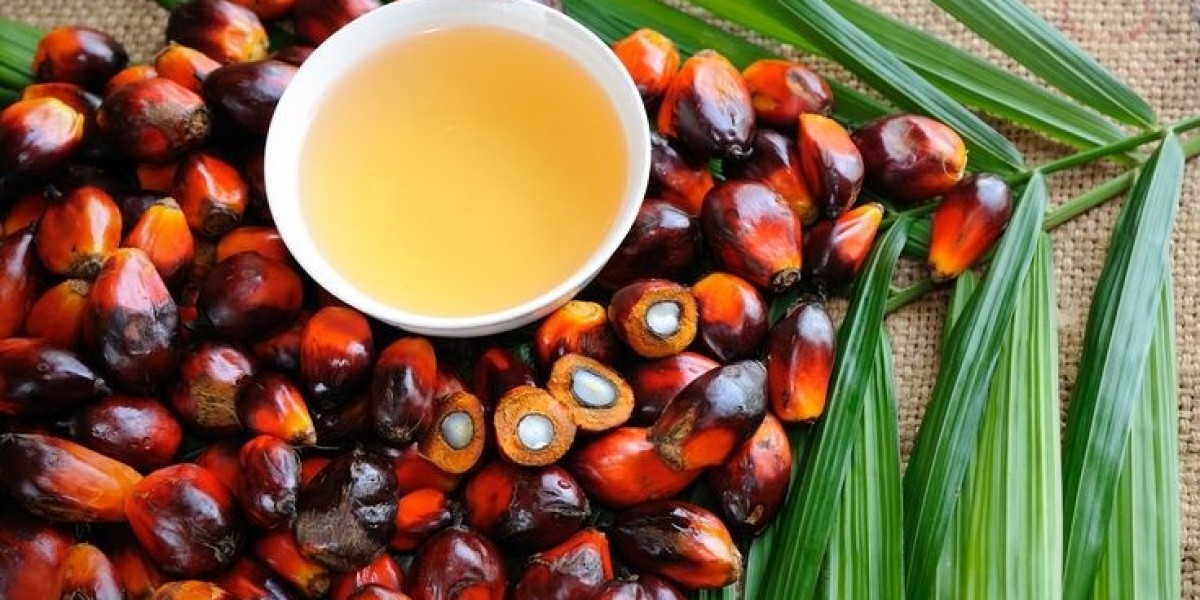Palm kernel oil is a versatile and widely used vegetable oil derived from the seed (kernel) of the oil palm tree. It is distinct from palm oil, which is extracted from the fruit of the same tree. This oil has gained popularity in various industries due to its unique properties, but it has also sparked controversies related to environmental and health concerns.
One of the key characteristics of palm kernel oil is its high saturated fat content, which makes it solid at room temperature and suitable for many food applications. It is commonly used in the production of margarine, shortening, and as a frying oil in the food industry. Its stable nature at high temperatures makes it ideal for deep frying, giving fried foods a crispy texture and extended shelf life.
In addition to its culinary uses, palm kernel oil is found in a wide range of non-food products. It is a common ingredient in soaps, shampoos, cosmetics, and detergents due to its ability to create a creamy lather and provide moisturizing properties. Its presence in these products is a result of its affordability and functional benefits in formulations.
However, the widespread use of palm kernel oil has raised environmental concerns, particularly regarding deforestation and habitat destruction. The expansion of oil palm plantations, especially in Southeast Asia and Africa, has led to the clearing of rainforests and peatlands, impacting biodiversity and contributing to greenhouse gas emissions. Sustainable palm oil initiatives and certifications have been developed to address these issues, promoting responsible cultivation practices and forest conservation.
From a health perspective, the high saturated fat content in palm kernel oil has been a topic of debate. While some studies suggest that moderate consumption may not significantly increase cardiovascular risk factors, others caution against excessive intake due to its potential to raise LDL cholesterol levels. Health organizations recommend balancing dietary fats and consuming oils with higher proportions of unsaturated fats for overall heart health.
In conclusion, palm kernel oil remains a significant ingredient in various industries due to its functional properties, but its production and consumption raise important environmental and health considerations. Sustainable practices and informed consumer choices can contribute to a more responsible use of this versatile oil in the global market.




Marcelo Orlando 34 w
Bom dia parabens